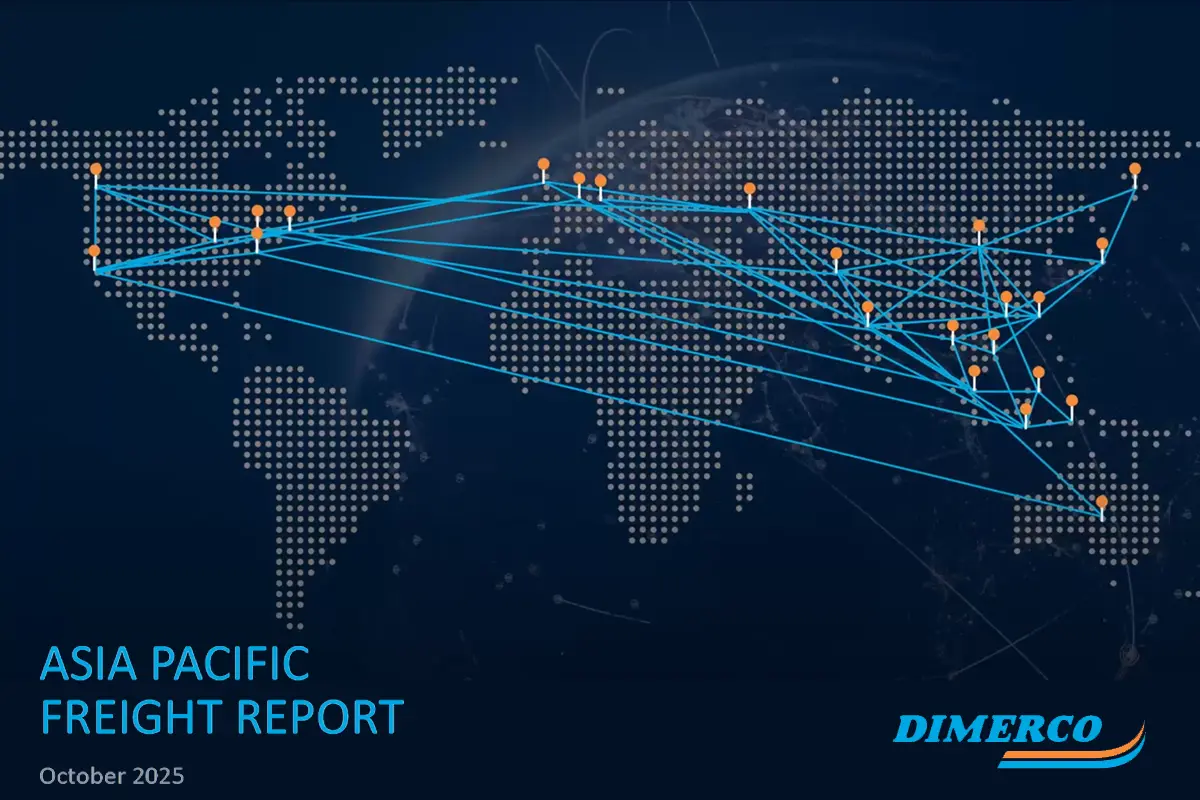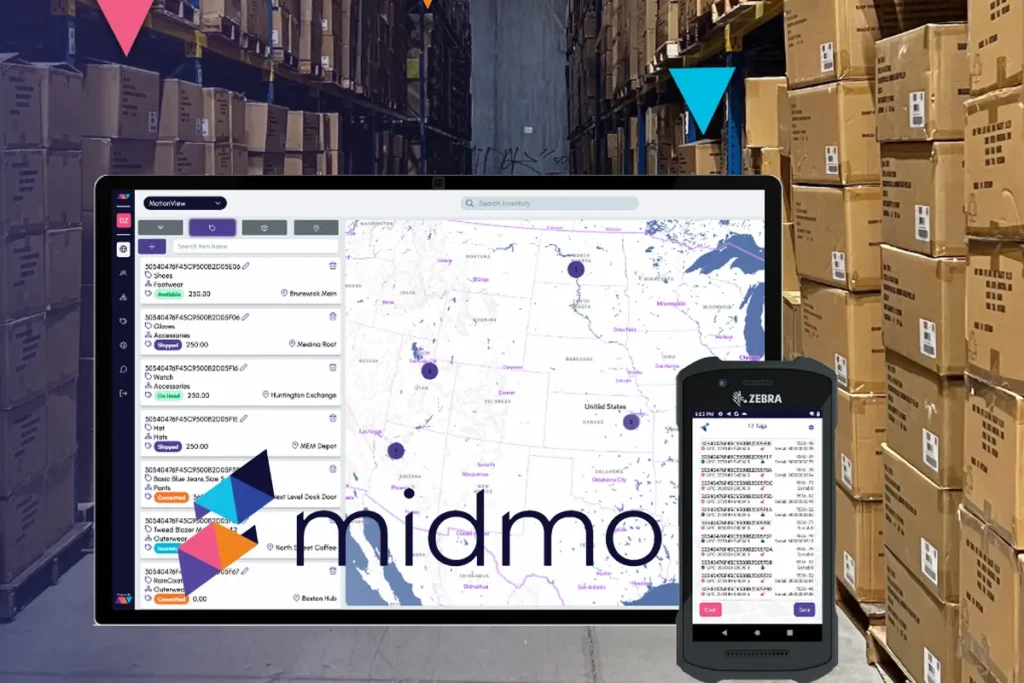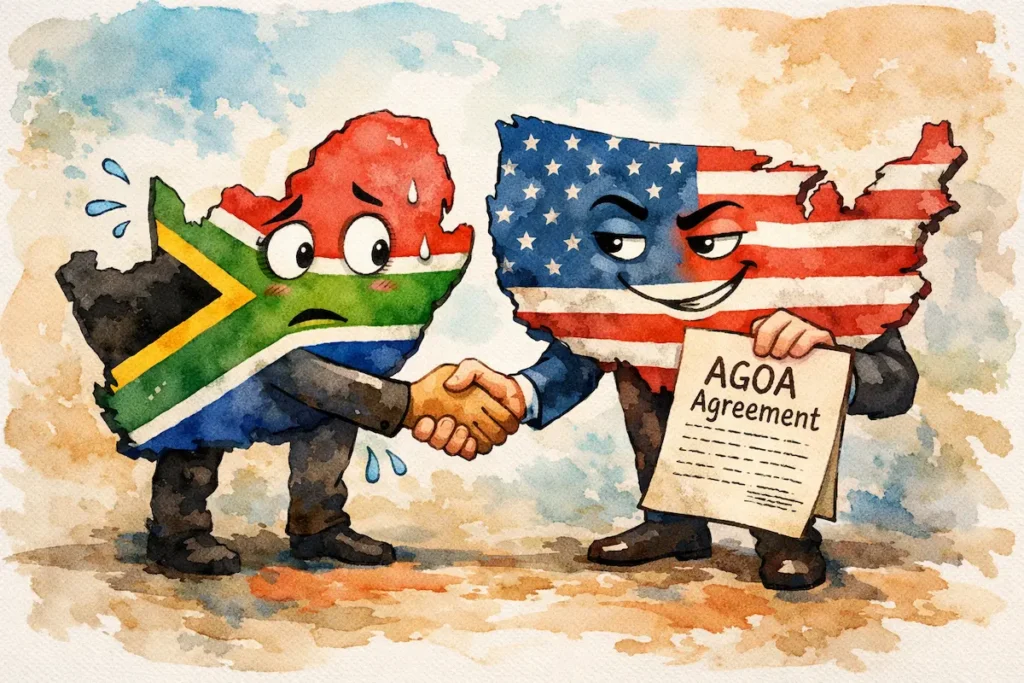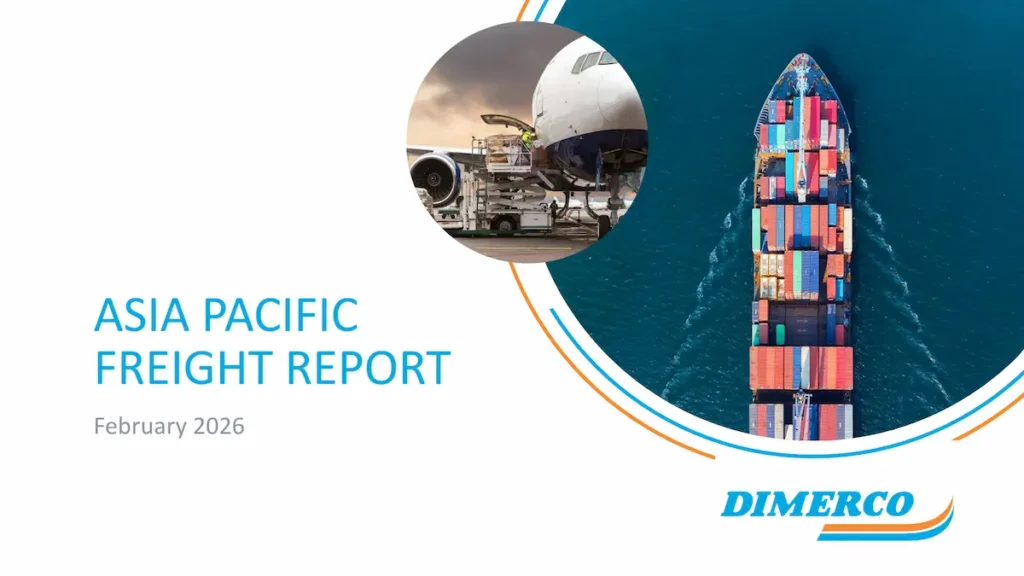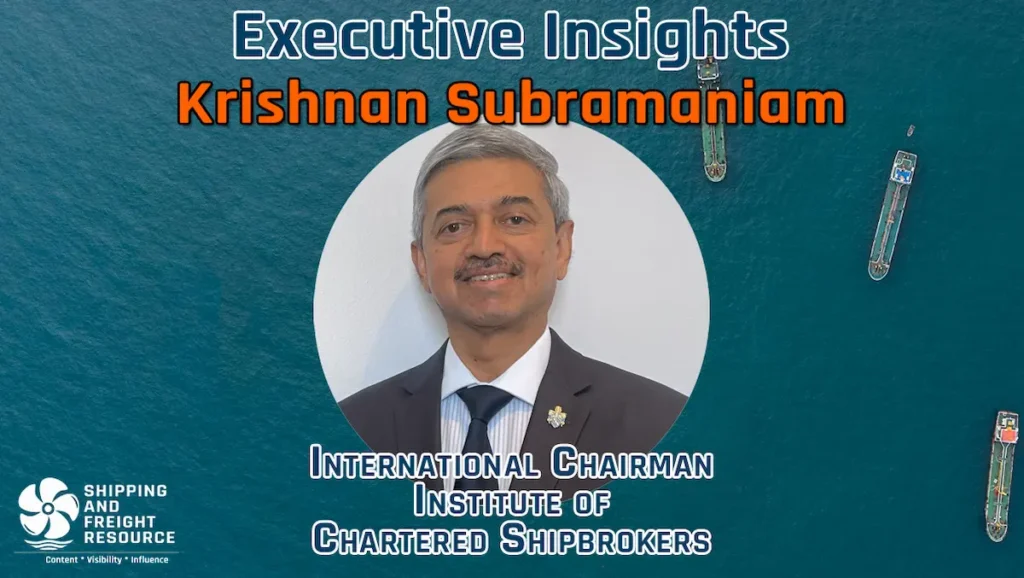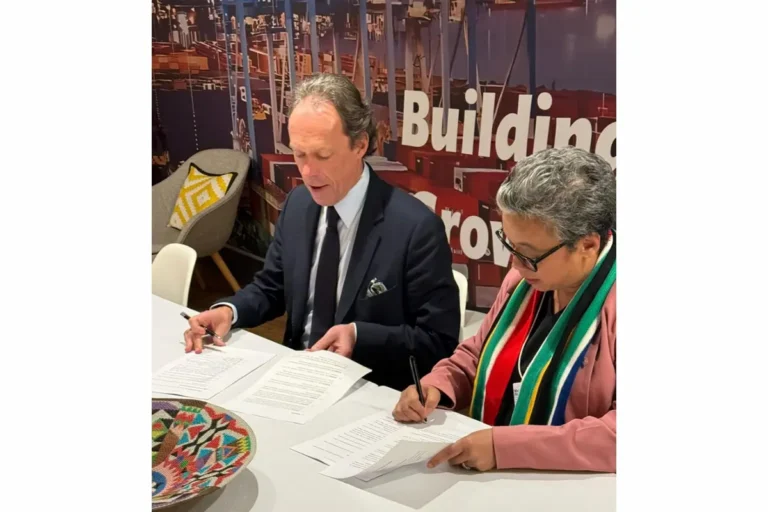Dimerco Express Group’s latest Asia-Pacific Freight Market Report is cautioning shippers to the USA to prepare their “No-Transshipment” evidence pack as the USCBP is actively scrutinizing transshipment to conceal China origin.
The USCBP determines whether the goods are shipped on a transshipment basis, and if so, an additional tariff of 40% and other applicable or appropriate fines or penalties will be levied.
Dimerco‘s report reveals that global supply chains are navigating a complex peak season marked by volatile tariff policies, shifting demand patterns, and mounting capacity constraints across major trade lanes.
While global manufacturing output shows signs of resilience — with the composite PMI reaching a 14-month high of 52.9 — geopolitical uncertainty, tariff escalations, and protectionist trade policies are reshaping logistics strategies worldwide.
Trans-Pacific trade lanes are under particular strain as higher demurrage costs and falling order volumes force shippers to reassess sourcing and routing decisions.
In the ocean freight sector, spot rates continue to fall despite carriers aggressively cutting capacity. Carriers have increased blank sailings by 60% since late September, yet Shanghai–North Europe spot rates are down 45% over the past 10 weeks.
Meanwhile, new vessel orders, now accounting for 30% of the global fleet pipeline, raise concerns over long-term overcapacity and sustained pricing pressure.
Air freight networks are also under stress. Typhoon Ragasa and China–Europe rail disruptions have tightened capacity, while demand surges from Southeast Asia — driven by AI servers, semiconductors, and consumer electronics — are creating bottlenecks at key transit hubs.
“October is a turning point for global logistics,” said Kathy Liu, Vice President of Global Sales and Marketing at Dimerco Express Group. “Peak-season demand, layered with geopolitical uncertainty and tariff changes, is creating one of the most complex supply chain environments we’ve seen in years. Businesses must stay agile, plan early, and diversify their logistics strategies to mitigate disruptions.”
The October report also highlights growing geopolitical risks — including protests, regulatory changes, and trade negotiations — that could further destabilize supply chain operations.
Additionally, Golden Week factory closures and customs slowdowns in China are expected to intensify congestion and drive up costs across air, sea, and rail networks.
The full October 2025 Asia-Pacific Freight Market Report offers detailed trade-lane forecasts, pricing trends, and region-specific logistics insights to help companies navigate the evolving landscape.
Download the full report here: https://www.pesti.media/apac-freight-report For interview requests or additional commentary, contact Gitte Willemsens.

